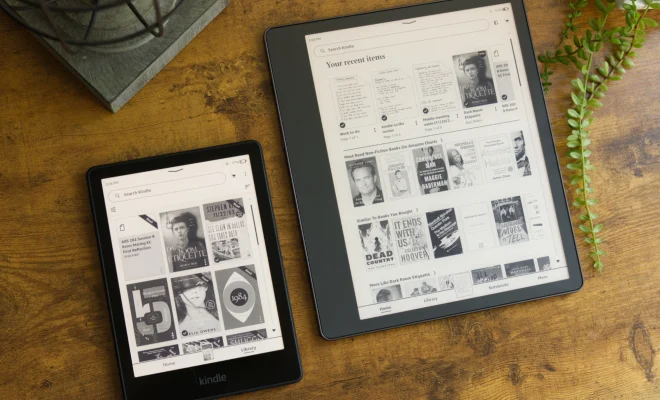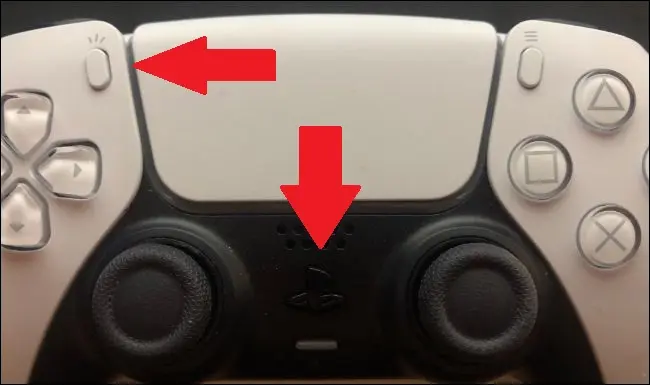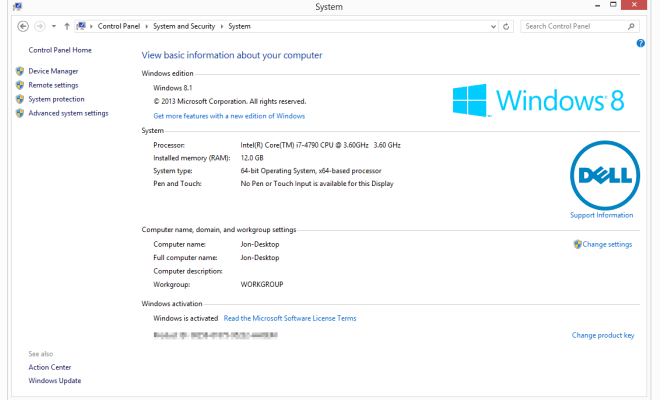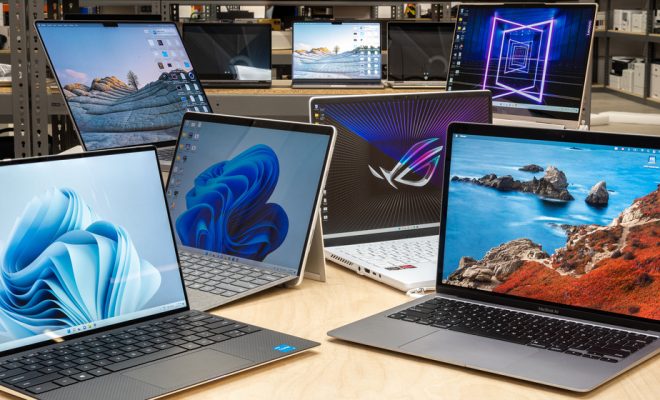Is It Bad to Charge Your Kindle Overnight?

As an eBook reader, a Kindle offers convenience and portability to book lovers worldwide. Gone are the days of hefty hardcovers or paperback books, as the Kindle offers easy access to virtually limitless reading material without the added weight. However, as with most electronic devices, many users may wonder if charging their Kindle overnight will harm their device.
In general, there is no definitive answer to whether or not charging your Kindle overnight is bad for it. The Kindle, like most other devices, is designed to stop charging once the battery is fully charged, so it should be safe to leave it plugged in for a longer period of time.
However, some users may be concerned about the longevity of the device’s battery, and as such, may choose to avoid charging their Kindle overnight. It is true that battery life can decrease over time with consistent charging, but this decrease is typically minimal and is unlikely to be noticeable for most users.
To maximize the lifespan of your Kindle’s battery, it is recommended that you use the device until the battery is significantly depleted before charging. This practice will help extend the life of the battery and ensure that you can enjoy your reading material without interruption for as long as possible.
It is important to note that if the charging cable or adapter is faulty, this can cause problems with the device’s battery. If your Kindle is not charging properly or shows signs of battery problems, it is important to have the device checked by a professional.
In conclusion, charging your Kindle overnight is generally not bad for the device. While there may be some concerns regarding the decrease in battery life over time with prolonged charging, this is not likely to be a significant issue for most users. To ensure the longevity of your Kindle’s battery, it is recommended to use the device until the battery is significantly depleted before charging. If you experience problems with your Kindle’s battery, it’s best to have it checked by a professional to ensure that it’s not caused by a faulty charging cable or adapter.






